We are searching for
--
Please wait. This should take only a few seconds.

We are searching for
--
Please wait. This should take only a few seconds.

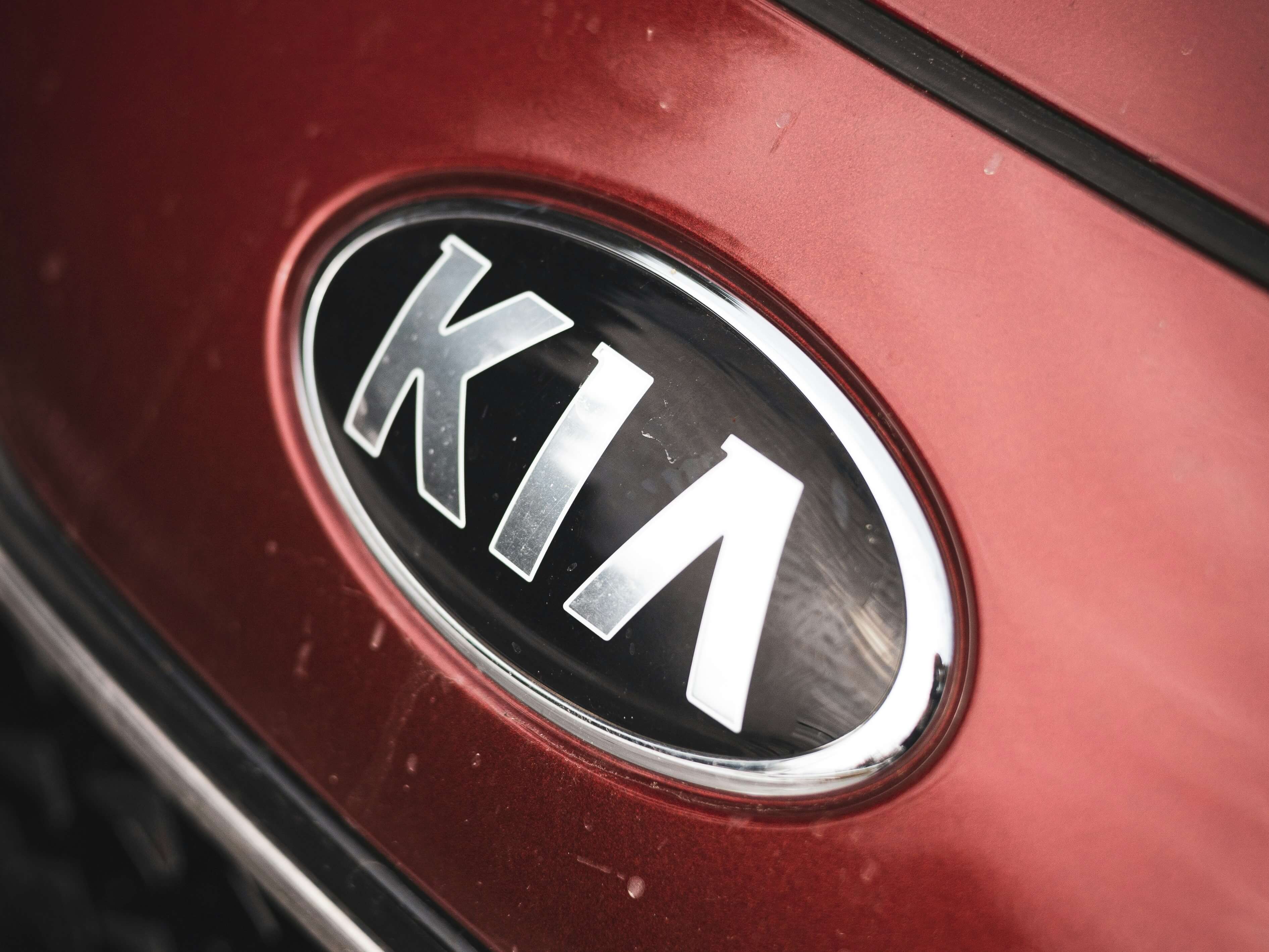
Since its establishment in 1944, Kia has evolved from a small manufacturer of bicycles and steel tubing to one of the world's largest vehicle manufacturers, producing over 1.4 million cars annually. Kia is known for providing comfort, safety, and innovation across its diverse lineup of vehicles, which range from compact cars to SUVs and electric models.
However, even though the company has gained a reputation for quality and reliability over the years, like many automakers, it has also faced challenges resulting in recalls of some of its vehicles to address safety concerns or defects. A recent example is the September 2023 Kia recall of approximately 1.73 million cars due to potential leaks in their anti-lock brake system that could result in electrical shorts and fire outbreaks. Nonetheless, Kia has consistently demonstrated a proactive approach when faced with these issues and continues to prioritize customer safety and satisfaction.
The following are some of the biggest Kia recall reasons in history:
Airbags play a crucial role in vehicle safety and are estimated to have saved over 50,000 lives in the US alone since they became a standard vehicle feature in the 1980s. Over the years, there have been several instances of Kia vehicles being recalled due to defective airbags. The biggest airbag-related Kia recall in the US occurred in 2018 when the automaker initiated a recall of over 507,500 vehicles due to a defect in the airbag control unit that could prevent the frontal airbags and seatbelt pretensioners from properly deploying during a collision. Affected models in this Kia recall list include the 2010 -2013 Kia Forte and Forte Koup, the 2011 – 2012 Kia Sedona, and the 2011 – 2013 Kia Optima.
More recently, in 2023, over 191,870 Kia vehicles were recalled due to manufacturing and installation errors that could result in the side curtain airbags either deploying unexpectedly or not deploying properly in the event of a crash. Certain 2021-2023 K5, 2023 Soul, and 2024 Seltos models were affected by this Kia recall.
In 2022, Kia announced that the “fail-safe” limited-mobility mode of its vehicles may be impaired by a malfunction in the transmission oil pump, which could result in a complete loss of drive power. This resulted in approximately 69,038 vehicles being recalled, with certain 2021-2022 Sorento and 2021-2023 K5 models on the Kia recall list. Earlier that year, more than 28,000 Kia vehicles had also been recalled after it was discovered that they might have been made with defective components in the automatic transmission shift lever assembly, leading to the shift lever not locking properly. This defect, which was discovered in certain 2016 Sedona and Sorento models, could result in the vehicle rolling away unintentionally.
Kia is also recalling approximately 427,407 of its 2020 – 2024 Telluride vehicles due to a potential roll-away risk caused by the intermediate shaft and right front driveshaft not fully engaging, in what has been described as one of the company's most extensive transmission-related recalls.
Several reports of consumer complaints and even lawsuits have been filed over prematurely peeling, chipping, or fading paint on Kia vehicles. In 2018, after initial complaints in Australia, Kia acknowledged that an error in the painting process (at its auto factory) had affected the Sunset Yellow variant of its Kia Stinger 2018 model, resulting in the paint cracking and chipping in certain areas. The company responded to this by offering affected customers the chance to have their vehicles fully repainted/resprayed; approximately 400 cars in the US alone were included in the Kia recall list.
There have been several Kia recalls in the US related to frame or structural integrity concerns over the years. Between 2022 and 2023 alone, approximately 280,766 Kia vehicles were recalled because their headliner plates might not have been properly secured, which could result in these plates detaching if the side airbags were deployed during a crash. Several models were affected by this Kia recall, including certain 2012-2013 Optima and 2009-2014 Borrego vehicles. In 2016, two separate Kia recall campaigns were initiated following reports of a rear cross-member weld fracture potentially affecting certain 2016 Kia Sorento models and corrosion in the front lower control arm affecting of 2006-2012 Kia Sedona vehicles. Improper welding of the right front lower control arm in the 2023 model of the Kia Forte vehicles also led to a recall of approximately 200 of these cars in 2023.
Various Kia recalls have been initiated over the years for several reasons, ranging from issues with the affected vehicles' safety components to mechanical defects. According to the NHTSA, some of the most recalled Kia models in the United States are:
These Kia recalls typically prompt increased scrutiny of the brand’s operational procedures, which, in turn, result in improved safety protocols, manufacturing processes, and quality control standards to ensure the continued safety and satisfaction of its customers.

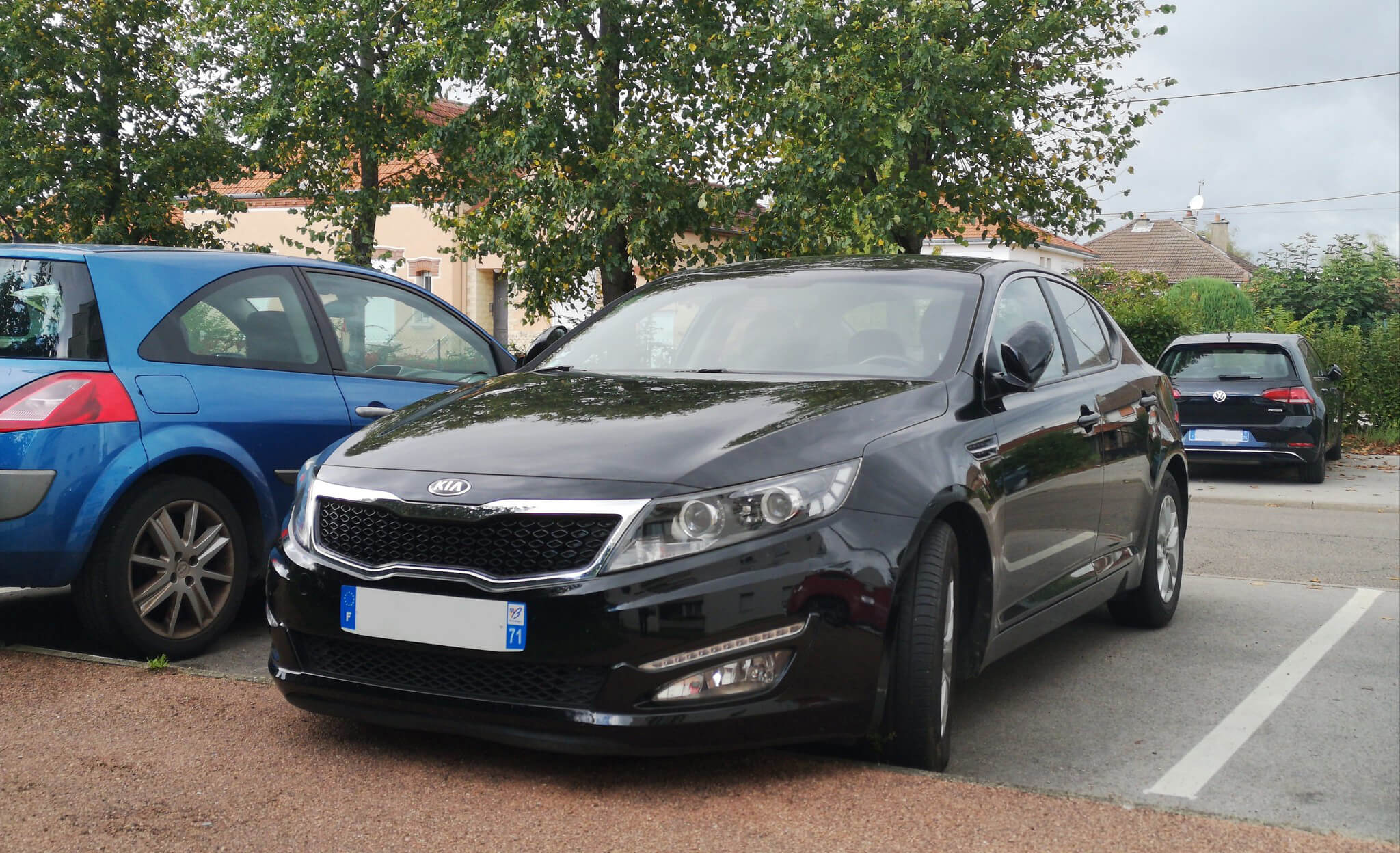
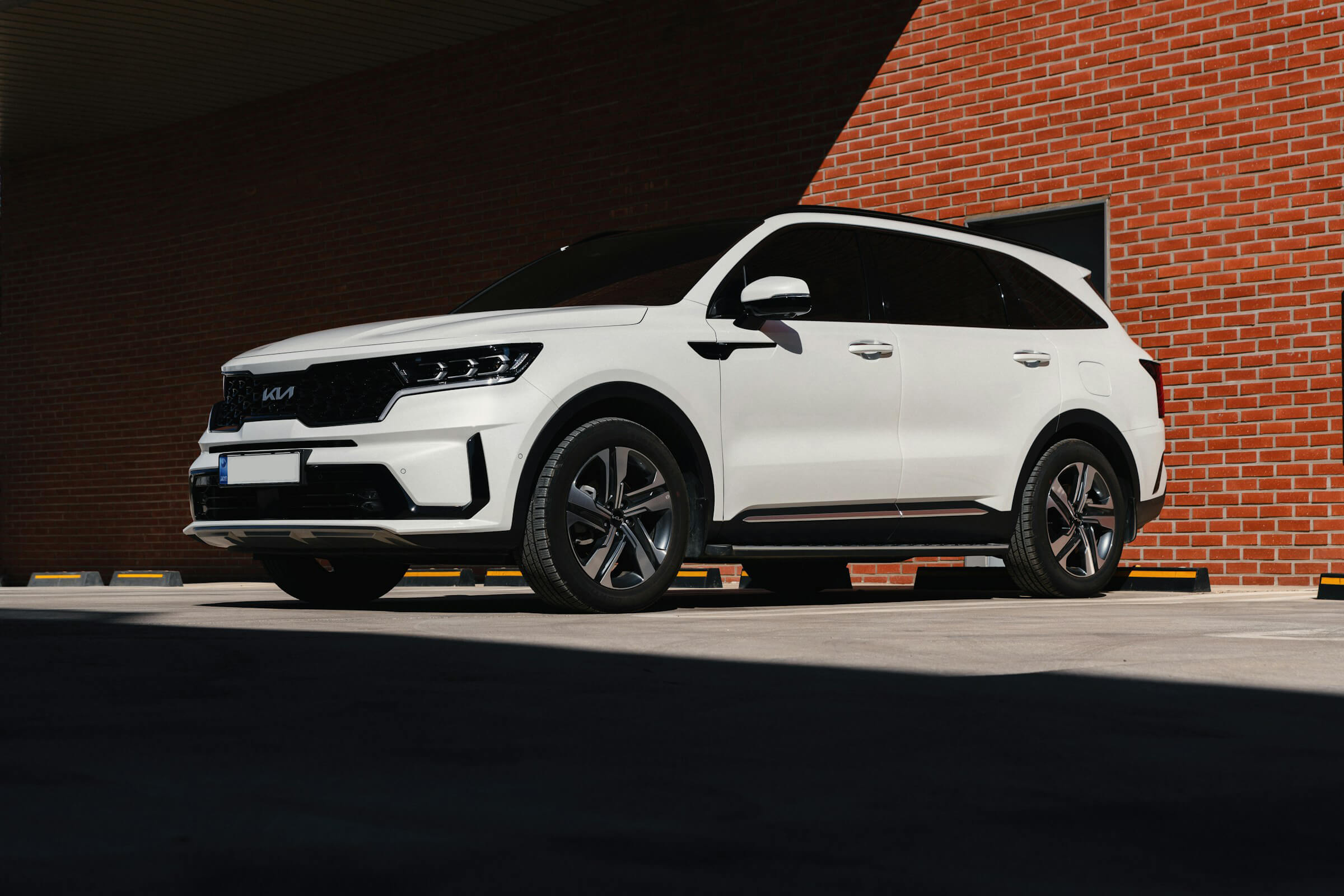
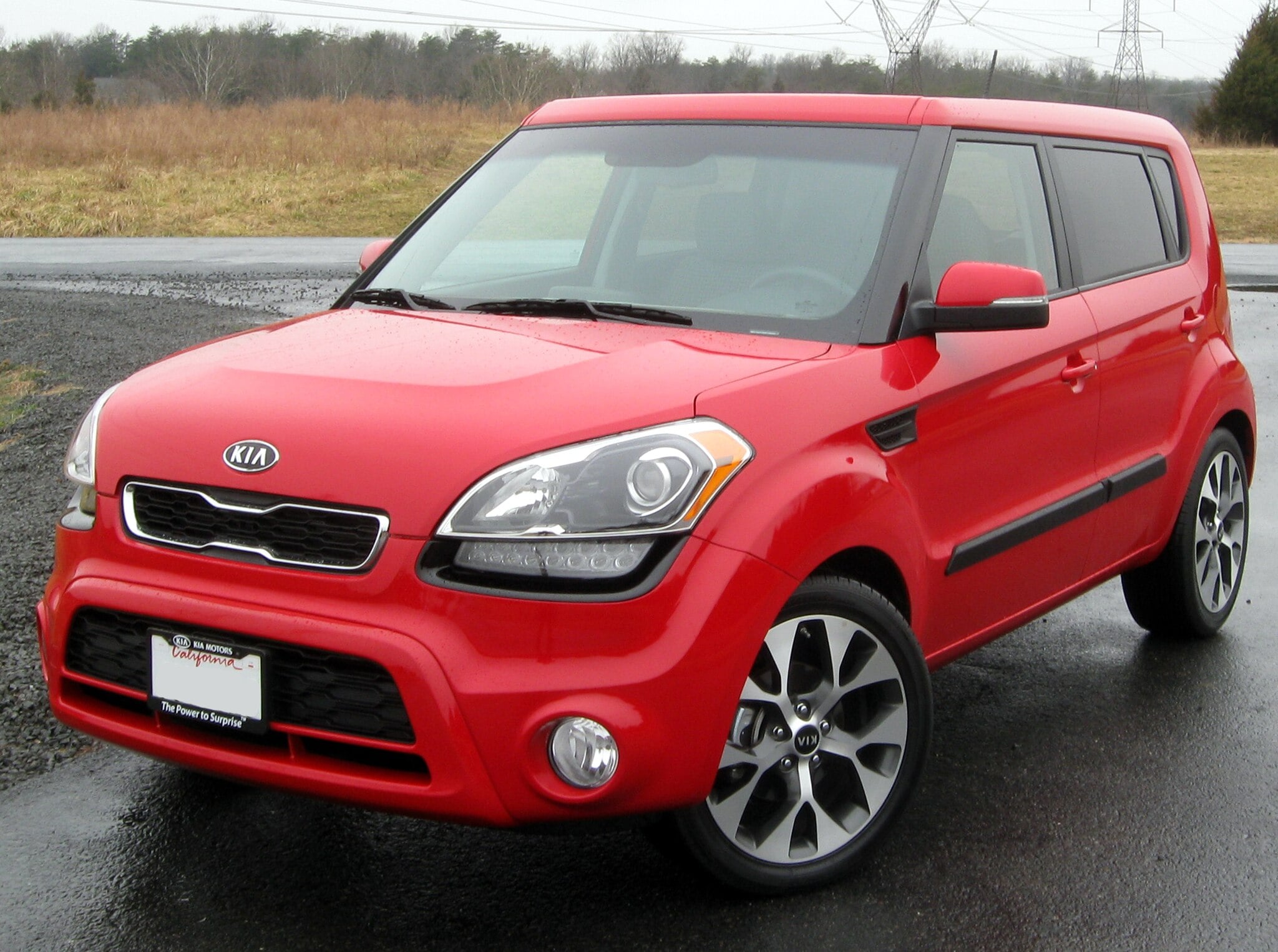
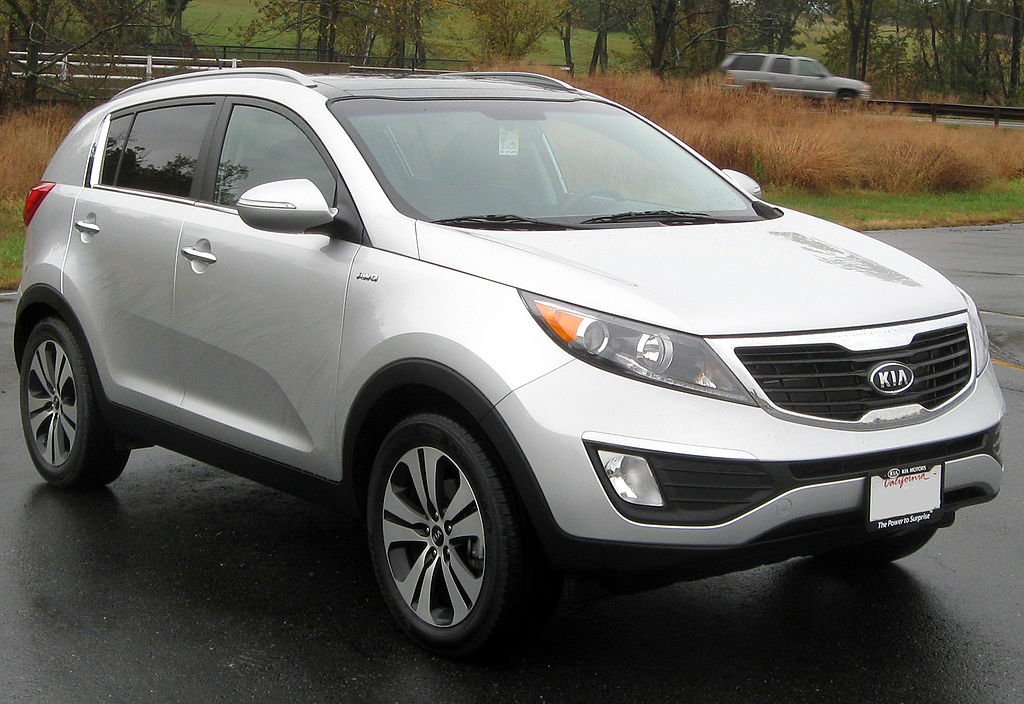
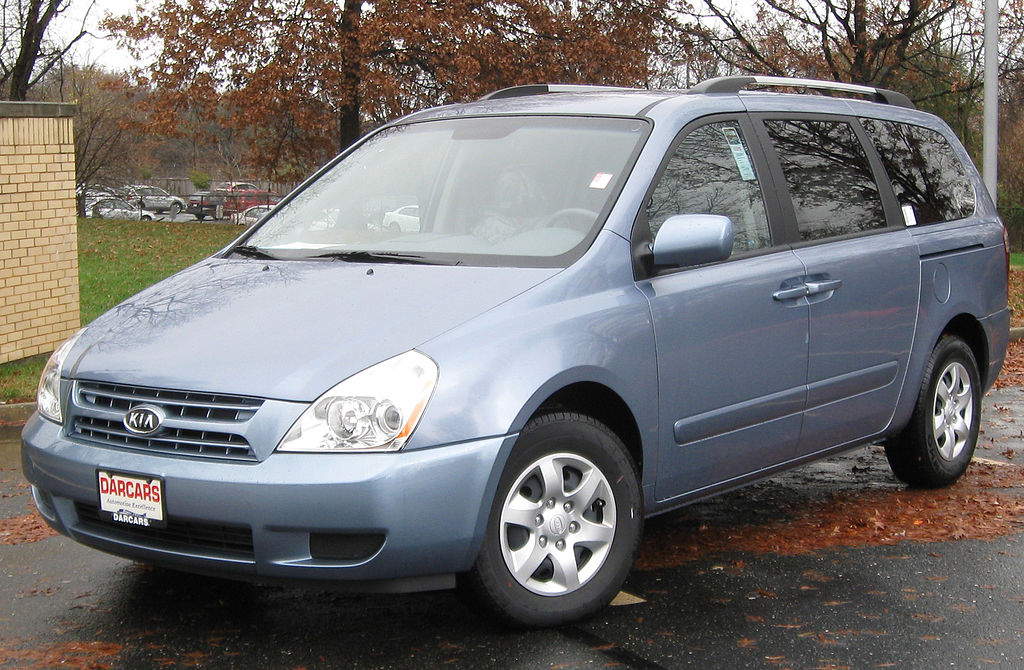
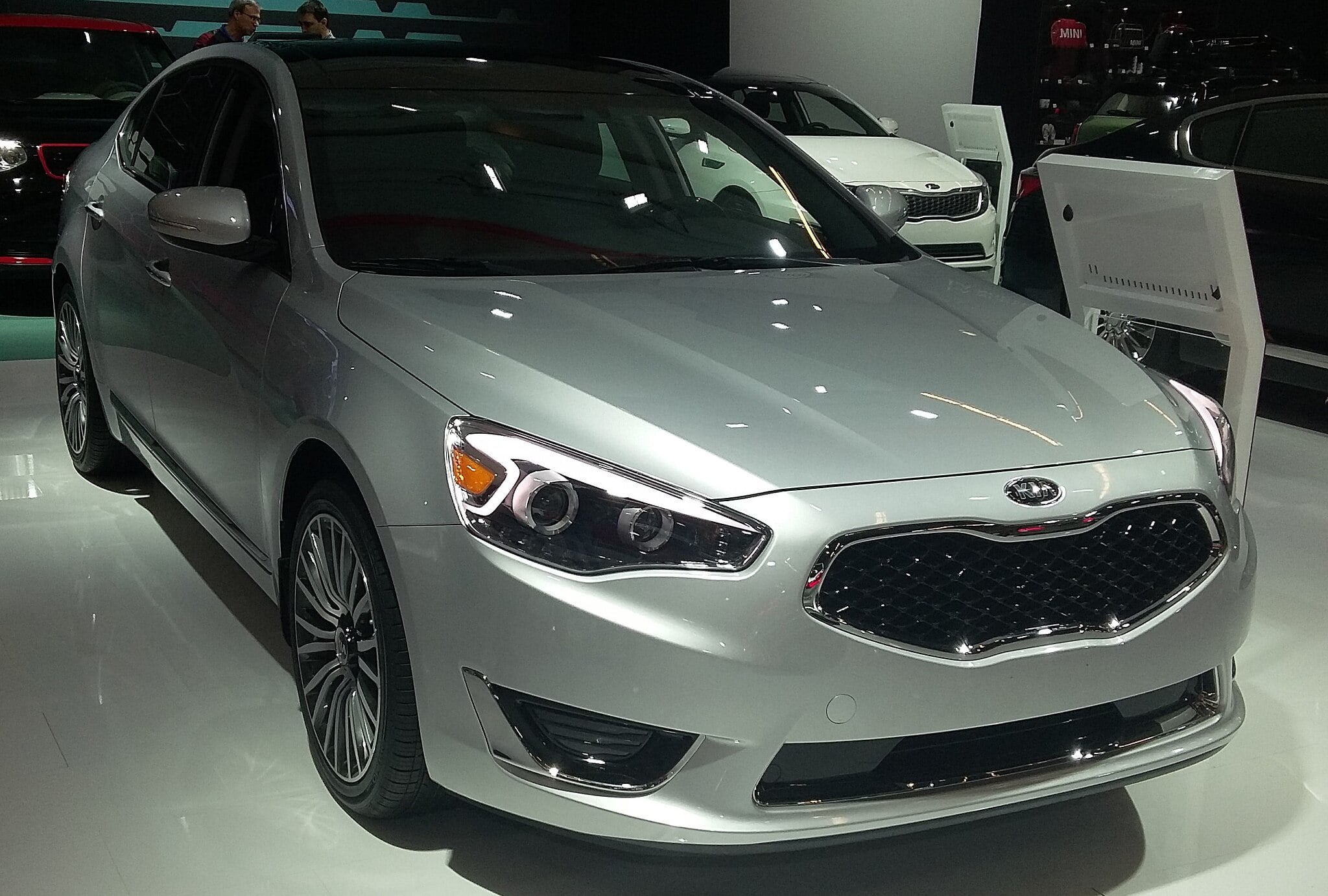
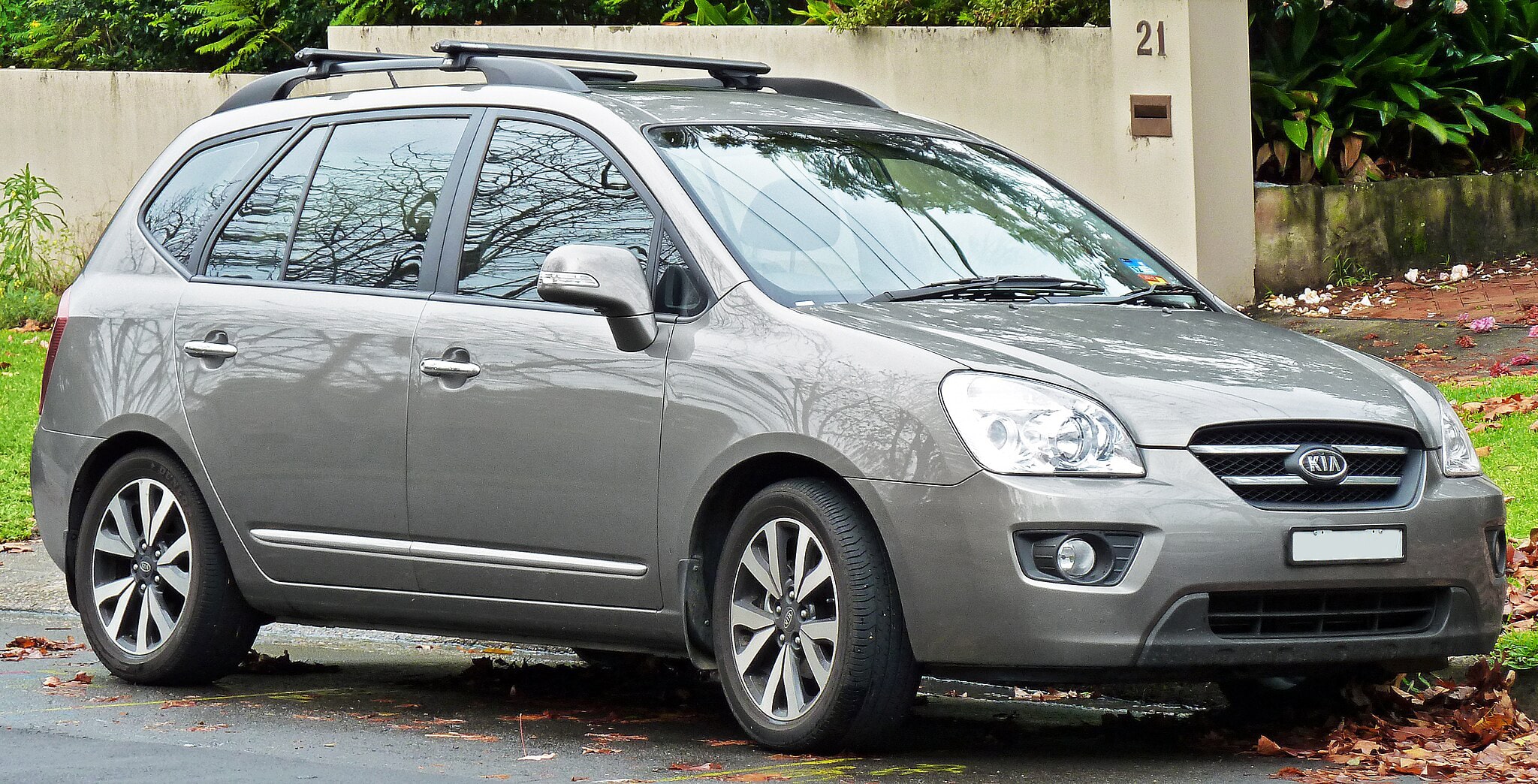

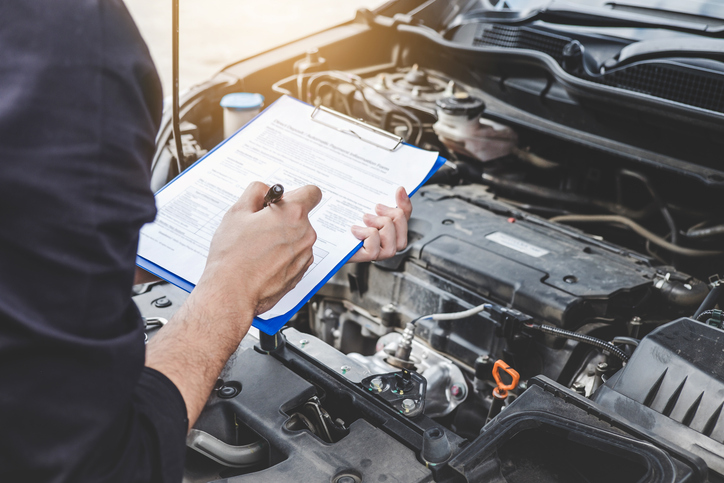
Staying informed about potential issues and recalls on your vehicle ensures that the problem is addressed promptly and minimizes accidents and potential safety hazards, both to you as a vehicle owner and other road users. Kia typically sends affected vehicle owners a notification letter when initiating recalls. The company also provides an online portal that you can use to check for Kia recalls initiated after July 1, 1994. Other options for performing a Kia recall check online include the NHTSA website and third-party platforms like GoodCar; note that you will have to provide your car’s vehicle identification number (VIN) to utilize these online options.
If you discover an outstanding Kia recall, you should schedule a service appointment by signing in to the Kia Owner's Portal and selecting “make an appointment” or by contacting your preferred Kia dealer directly. Be aware that recall-related repairs are free of charge; however, the time required to complete the repairs may vary. Contact Kia Consumer Affairs at 1-800-333-4542 for more information or inquiries concerning Kia recalls.
On certain passenger vehicles, due to improper heat treatment, the rear axle may not have adequate strength in some areas. The rear axle shafts could fail or break after extended use of the vehicle, increasing the risk of a crash.
Recall consequence
On certain passenger vehicles, due to improper heat treatment, the rear axle may not have adequate strength in some areas. The rear axle shafts could fail or break after extended use of the vehicle, increasing the risk of a crash.
Recall action
Dealers will inspect and replace the rear axle hub assemblies. The manufacturer has reported that owner notification will begin during July 2000. Owners who do not receive the free remedy within a reasonable time should contact Toyota at 1-800-331-4331.
On certain passenger vehicles, due to improper heat treatment, the rear axle may not have adequate strength in some areas. The rear axle shafts could fail or break after extended use of the vehicle, increasing the risk of a crash.
Recall consequence
On certain passenger vehicles, due to improper heat treatment, the rear axle may not have adequate strength in some areas. The rear axle shafts could fail or break after extended use of the vehicle, increasing the risk of a crash.
Recall action
Dealers will inspect and replace the rear axle hub assemblies. The manufacturer has reported that owner notification will begin during July 2000. Owners who do not receive the free remedy within a reasonable time should contact Toyota at 1-800-331-4331.
On certain passenger vehicles, due to improper heat treatment, the rear axle may not have adequate strength in some areas. The rear axle shafts could fail or break after extended use of the vehicle, increasing the risk of a crash.
Recall consequence
On certain passenger vehicles, due to improper heat treatment, the rear axle may not have adequate strength in some areas. The rear axle shafts could fail or break after extended use of the vehicle, increasing the risk of a crash.
Recall action
Dealers will inspect and replace the rear axle hub assemblies. The manufacturer has reported that owner notification will begin during July 2000. Owners who do not receive the free remedy within a reasonable time should contact Toyota at 1-800-331-4331.
GoodCar is a reliable and easy-to-use website that allows you to perform free Kia recall checks online in real time using the vehicle’s VIN. Some information this Kia recall lookup done via GoodCar offers include: